“Put out into deep water and lower your nets for a catch.”
A command to do something, and a promise – that is what happens in this early interaction Simon Peter has with Jesus. And it had to be exasperating for Simon, because, as he says, they’ve been hard at it all night long and their efforts were fruitless. They’re tired, they’re frustrated, and possibly even a little embarrassed and scared because this was their life’s work and by the accounts we have in the Gospels, they weren’t very good at it. But something in the command, and in the person of Jesus, convinced him to lower the nets. And Jesus makes good on the promise that came with the command: they netted a catch, and not just any catch, but a big enough catch to fill two boats beyond capacity. A command, and a promise fulfilled.
“Put out into deep water and lower your nets for a catch.”
If you get the idea that we’re not just talking about fish here, you’re catching on, so to speak. Putting out into deep water is a command we could all use to take a bit more seriously. Because I think we all settle for looking around on the shallow end, and honestly, we don’t find much of anything in shallow water. Here’s the shallow water that I think we spend our time in way too often: binge watching television shows; getting our news off of questionable sources on the internet and television and believing them like they were the holy Gospels; accepting our eighth grade catechesis and faith formation and never engaging it at an adult level; insisting on our own way in personal relationships, loving our sins, and tuning out the world in such a way that we never have to grow in our humanity. And that’s a short list. It’s shallow water, and if we are honest, we all look for our food there way too often in our lives.
Today, Jesus invites not just Simon and the others, but also us: “Put out into deep water and lower your nets for a catch.”
If Simon could fish in the deep water after a long night of the same old nothing happening, we too can accept our Lord’s invitation to go deep and expect a catch too. I think this is something worth looking at. As I mentioned, you can almost hear the exasperation in Peter’s voice: “Master, we have worked hard all night and have caught nothing…” They have given up. All they wanted to do was go home, clean up, and call it a day. But I think it’s not just that they have given up on that day’s catch. They have given up completely. They have failed to make a catch more than once, and they may have given up hope that there were any fish to be caught.
Are we in that place too? The pandemic seems to be going on and on and on: the things we were doing to protect ourselves and our loved ones no longer seem to be working. Numbers surge and ebb, and hospitals fill, and people die. Pandemic-weary people argue over mandates and bicker over what is best. Experts tell us one thing, and if you don’t like that, you can find an expert to tell you something else. But that’s really only the surface of the scary things that rage around us. Crime rages in our cities and nobody has a worthwhile solution. I keep waiting for someone to write a book called No Suspects Are In Custody, because no one even wants to risk helping anyone or being part of a solution. Meanwhile one politician points the finger at another for just about every problem we can imagine. There isn’t respectful dialogue anywhere anymore: not on talk shows, not in Congress, not in communities. Everything is so disheartening that we just want to give up, go home, and call it a day.
What difference does it even make if we try to change things? No one wants to listen, no one wants to change, no one wants to grow. We’ve given up on ourselves and don’t even see ourselves as worthy of the deep water and the experience of growth.
But Jesus does. “Put out into deep water and lower your nets for a catch.”
Peter was in that place, but Jesus saw more in Peter than Peter did in himself. He saw the one who could be zealous and on fire and make mistakes and accept forgiveness and live to grow and walk on water and witness to the Resurrection, and nourish a fledgling Church. Peter was an extremely unlikely leader: he couldn’t even lead his crew to make a catch of fish when it was his life’s work. But Jesus sees the miracle in the unlikely. And so he commands him: “Put out into deep water and lower your nets for a catch.” And you know what? Peter’s nets are full beyond capacity; beyond his wildest dreams.
Jesus sees so much more in us than we see in ourselves. But we have to be willing, as Peter was, to try again, to go deep, and to expect a catch. We have to be willing to learn new things that challenge our preconceived notions. We have to be willing to expose ourselves to good sources of information and faith formation. We have to be willing to listen to others, even if we don’t agree, and expect to learn something from the interaction. We have to be willing to look for what Jesus wants us to catch in every situation, and willing to stay with it, no matter how exasperated we are.
During our parish’s Year of the Eucharist, we are preparing many spiritual, faith formation, and leadership development opportunities. We will all have the opportunity to grow in our faith and catch people and bring them to the banquet that is the Kingdom of God. But we ourselves have to be willing to go deep, to challenge ourselves, and to be part of the movement to live as Eucharistic People.
Lent is coming. Lent is a call to conversion, re-conversion, and growth in discipleship. Lent is the quintessential call to put out into deep water. We would do well to remind ourselves yet again this Lent that it is God who chooses us, that it’s not about what we can do, that it’s always God who gives us the grace to do truly great things, that our unworthiness does not define us in the eyes of God, and that God knows of what we are capable and sees great things in us. Maybe Lent can find us putting aside whatever fears keep us from answering God’s call and instead allow ourselves to be truly changed, truly used by God to do great things.
“Put out into deep water and lower your nets for a catch.”
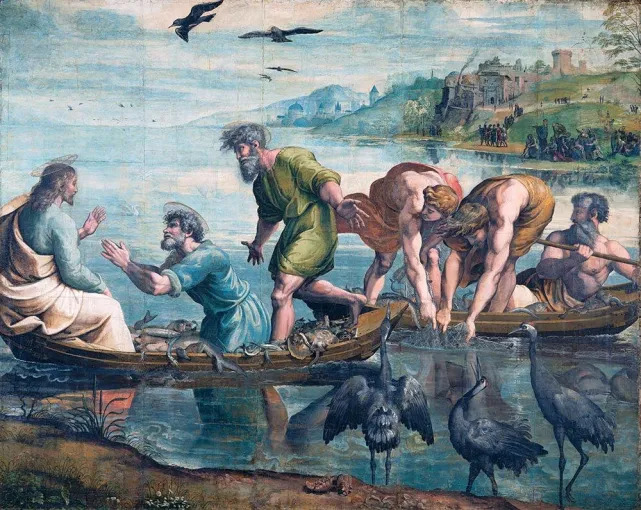
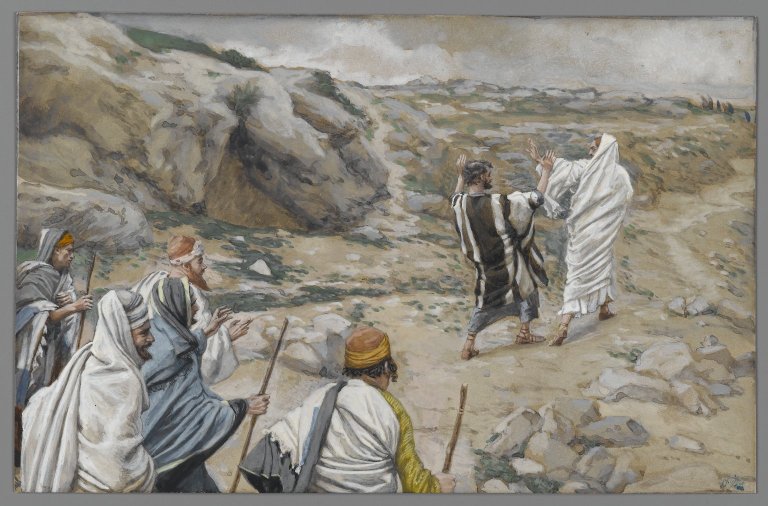

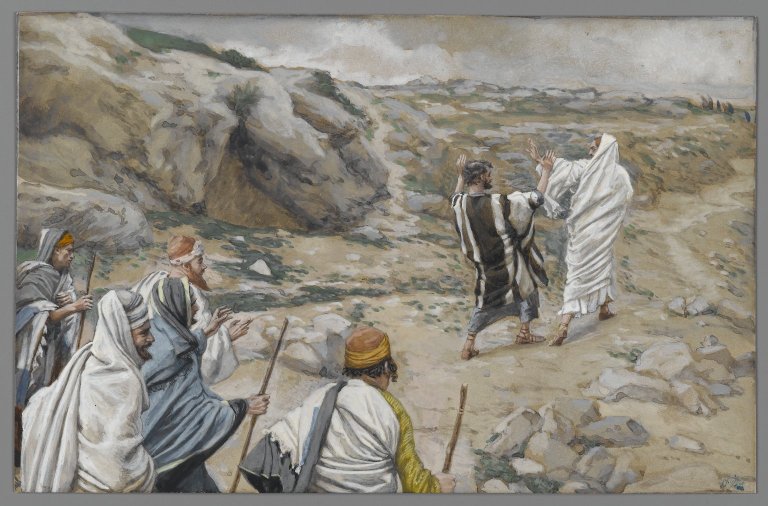
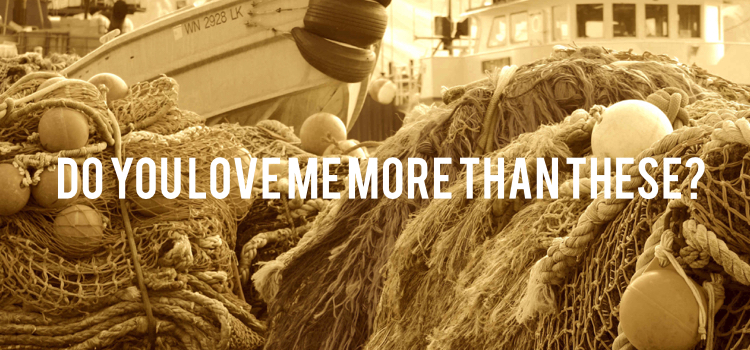
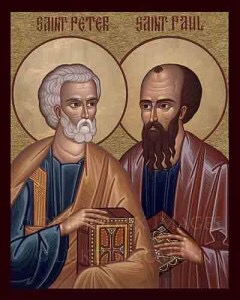
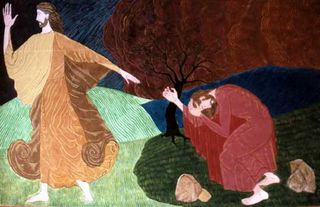
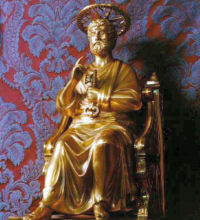

You must be logged in to post a comment.